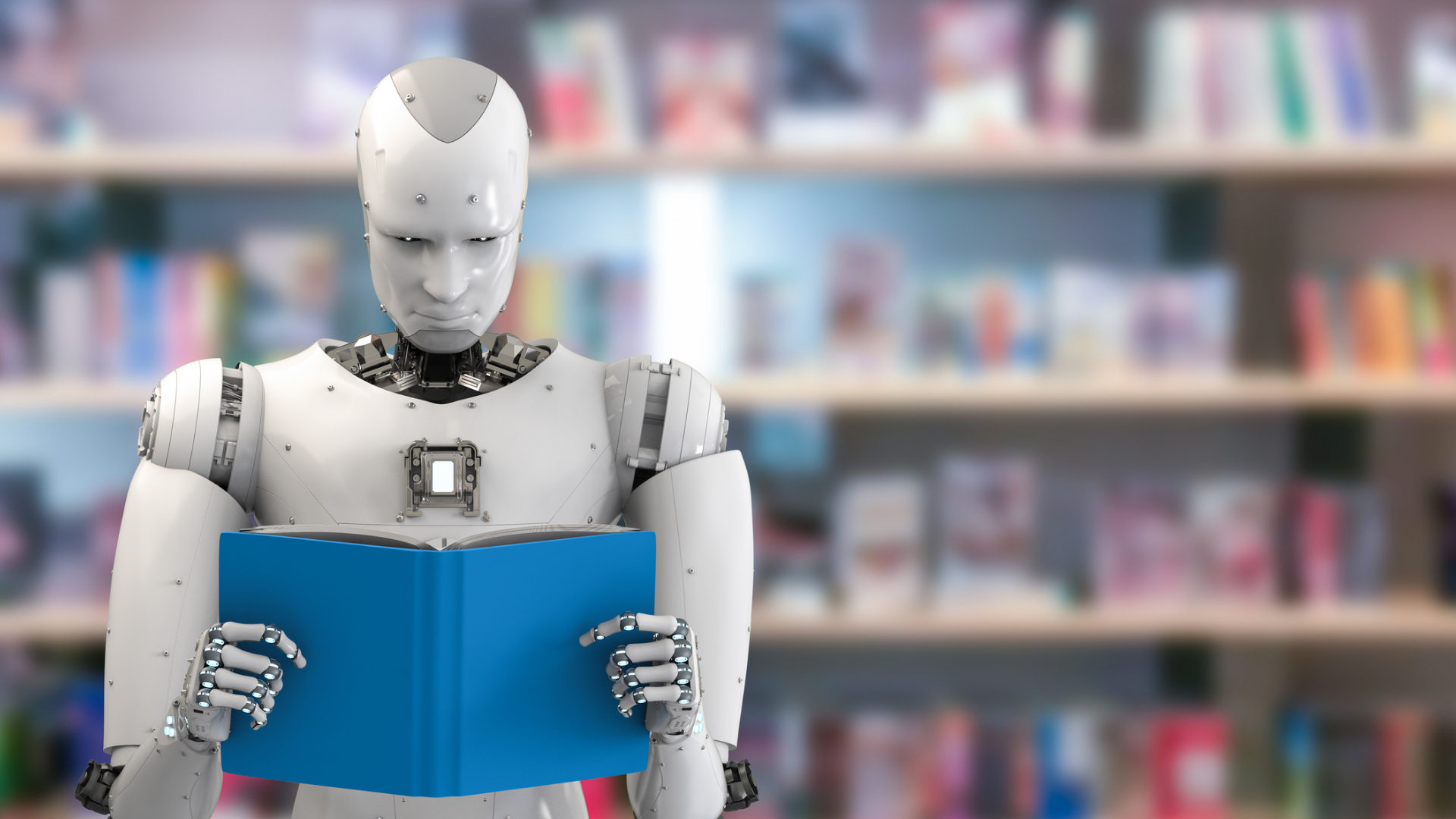
Amid increasing reliance on artificial intelligence (AI) in various fields, a summer reading list published by the Chicago Sun-Times raised eyebrows for featuring numerous fictitious books and authors. The controversy centers on work by writer Marco Buscaglia, who initially acknowledged utilizing AI but later expressed embarrassment for not carefully verifying the output.
Key Takeaways
-
The Issue of Authenticity: The reading list, laden with both real and nonexistent literary works, has sparked conversations about AI’s role in creative writing and its potential to mislead.
-
Press Response: In an effort to deflect responsibility, the Sun-Times stated, “We are looking into how this made it into print as we speak,” while asserting that the list was neither editorial content nor approved by their journalism team.
-
The Original Source: Investigations revealed that the list originated from a media partner, leading to widespread confusion among readers and questions about AI-generated content’s viability.
-
The Consequences of Use: This incident not only showcases the potential pitfalls of AI in newsrooms but also highlights the necessity for rigorous fact-checking when such tools are employed. Critics argue that increasing budget constraints may push more outlets to adopt AI, risking the quality of journalism.
AI can be a powerful resource, but as Buscaglia confessed, it must be wielded thoughtfully to avoid misrepresentation and the spread of disinformation.
